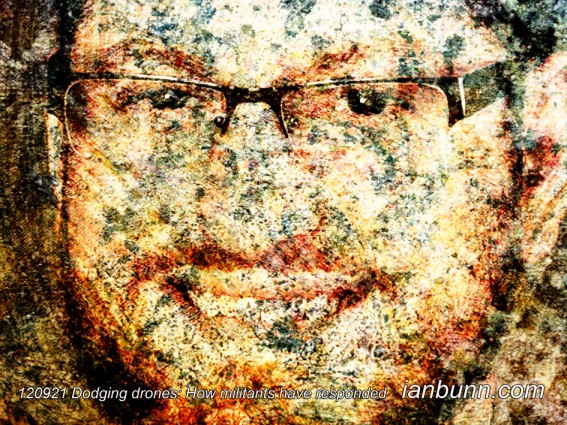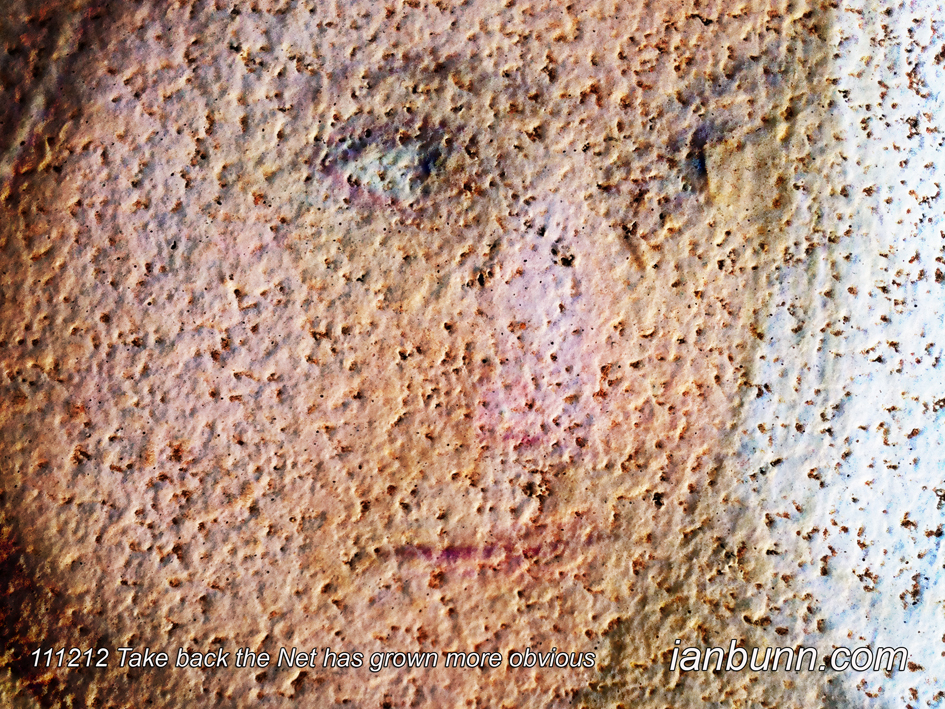 The Battle for the 21st Century (November 24 2012)
The Battle for the 21st Century (November 24 2012)
David Wearing a postgraduate writer and researcher studying British foreign policy in the Middle East and North Africa, and co-editor of New Left Project has published an article on Aljazeera titled ‘The Revenge of History: The Battle for the 21st Century’. Wearing states “The triumphalist atmosphere in Western capitals following the demise of the USSR produced assessments of America’s status as the world’s only superpower that ranged from the hubristic to the outright irrational. As Bush the First announced a “New World Order” based on Washington’s military and economic supremacy. …In 2004, a senior presidential aide told a writer for the New York Times magazine, “We’re an empire now, and when we act, we create our own reality. And while you’re studying that reality… we’ll act again, creating other new realities, which you can study too, and that’s how things will sort out. We’re history’s actors… and you, all of you, will be left to just study what we do.” In the end, the neo-conservatives’ “New American Century” lasted around seven years, from the al-Qaeda attacks on Washington and New York that fired the starting gun on the “War on Terror” to the departure from the White House of a much diminished George W Bush, with the quagmires of Iraq and Afghanistan having demonstrated “the limits, rather than the extent, of US military power”, in the words of British newspaper columnist Seumas Milne. Meanwhile, the banking crash of 2008 exposed the Anglo-American model of hyper-financialised, deregulated capitalism as a catastrophic failure. For the Nobel economics laureate Joseph Stiglitz, the fall of Wall Street was to “market fundamentalism” what the fall of the Berlin Wall was to Communism. The idea that “democratic market capitalism [is] the final stage of social development” and “that unfettered markets, all by themselves, can ensure economic prosperity and growth” had now been conclusively discredited.”
Inspired by Aljazeera ow.ly/fmVfO image source The Guardian ow.ly/fmV4K



